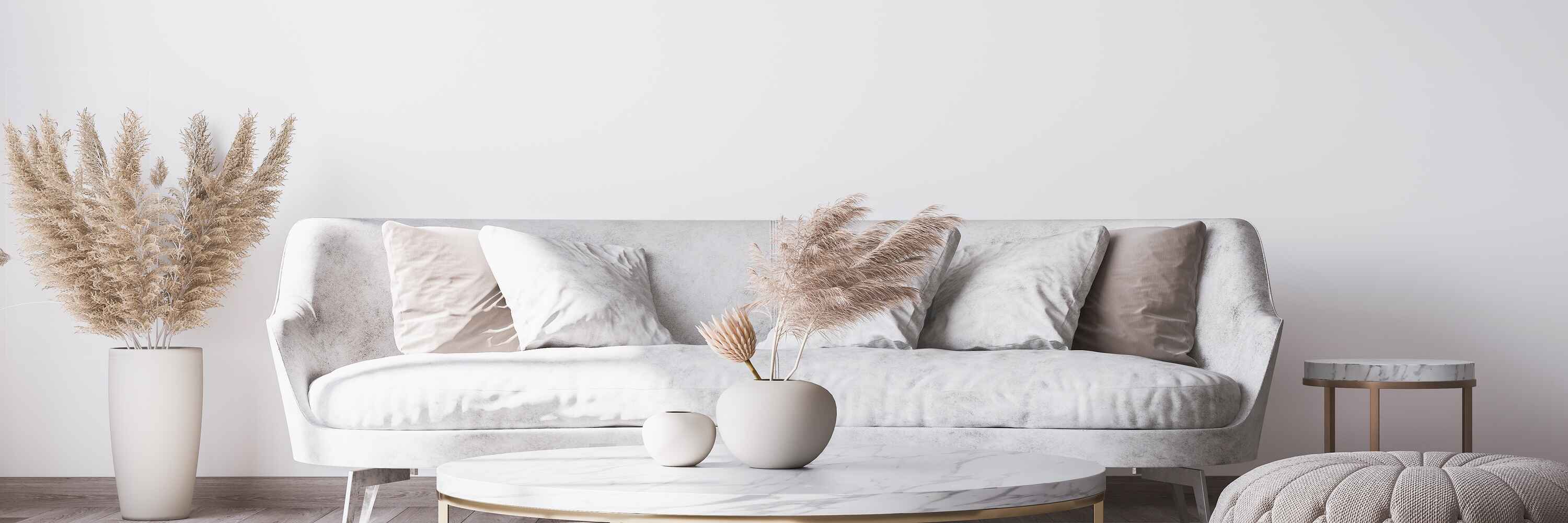Working from Home: 7 Ways to Help Improve Your Mental Health
March 17th, 2021
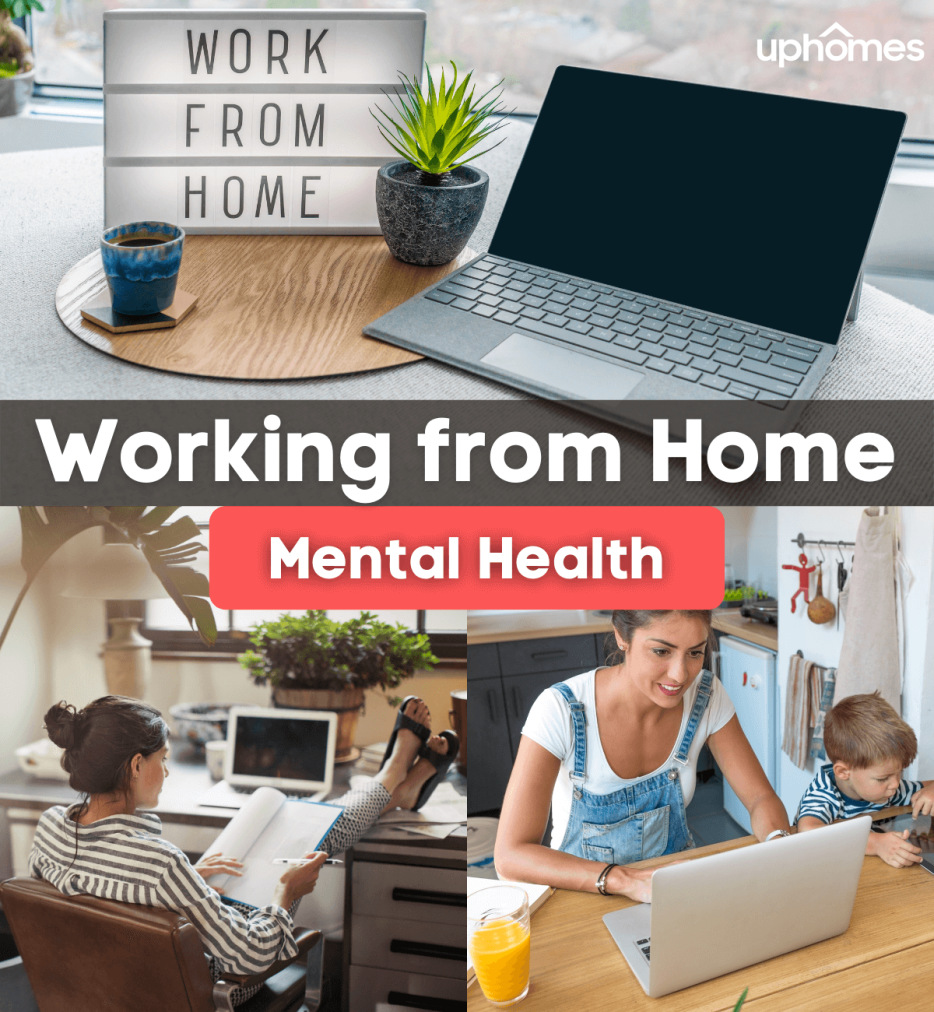
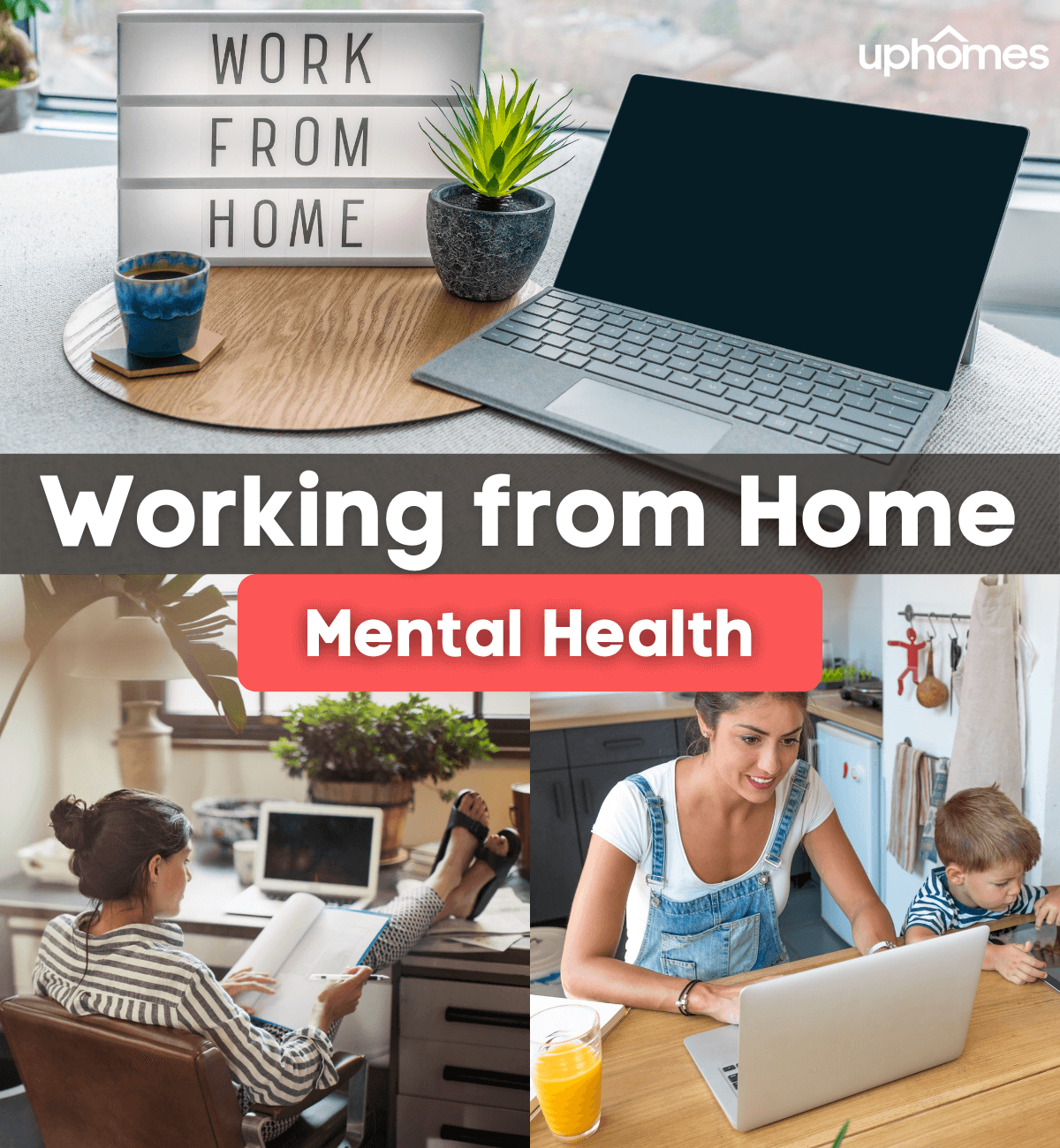
After an incredibly stressful year filled with great uncertainty and time spent away from loved ones, prioritizing our mental health is more necessary now than ever before. Many of us are working from home, significantly altering our routine, way of life, and social interactions, which also had a tremendous impact on our mental health. Some people are even looking to buy a new home because they need more space now that they are working from home.
Thankfully, there are several ways to improve mental health while at home, ranging from meditating to diet to houseplants.Builders have adapted to homebuyer demandsby building new construction homes with offices and/orflex roomsfor people who are working from home.
Here’s how to eliminate stress triggers and live a more calm, balanced lifestyle.
How to Improve Mental Health When Working From Home
Rather than Writing a “To-Do List,” Write a “What I Did List” Each Day
Many of us have worked harder in the past year than we ever have before, with little else to do besides work and spend time indoors. Along with that came mounting to-do lists and projects that provided seemingly no end in sight. While to-do lists are necessary to ensure we stay on task and should absolutely be incorporated into our workdays, it is equally as important to reflect back on what we accomplish each day as well. Rather than harping on what we didn’t get to tackle from our to-do lists each day, take 5 minutes and write a list of what you did do. This doesn’t have to include major projects and tasks, but simple accomplishments such as folding the laundry, tackling emails, making dinner, or going for a walk. Doing so will help you stay mindful of positive patterns in your daily routine and will help remind you of all that you’re accomplishing each day.
Eliminate Technology for an Hour Before Bed
With the constant stream of news that has consumed our lives over the past year, it is extremely difficult to disconnect from our technology at any point in the day, but especially at night. While many may find it relaxing to scroll through Facebook or Instagram before falling asleep, doing so has an extremely negative impact on our sleep cycle. The blue light on our phones suppresses melatonin and tells our brain it is daytime, which makes it difficult to fall asleep and delays REM sleep.
Additionally, spending time on our phones before bed keeps the mind psychologically engaged, which also makes it extremely difficult to fall asleep. We have all experienced that moment where we see something extremely sad, scary, or depressing on our social media feed right before bed and then lie awake thinking about it half the night. To help your body get a proper night’s rest, try to put the phone in a separate room for at least 30-60 minutes before falling asleep. If you have an alarm clock and can sleep without the phone next to you, that is even better. Put the phone in a separate room or closet to help improve sleep even more.
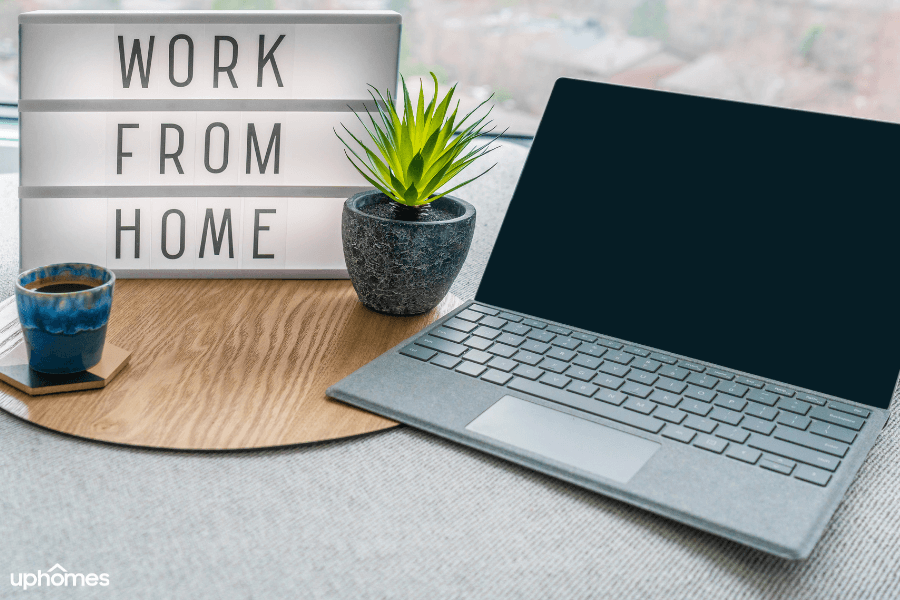
Eat More Omega-3 Fatty Acids
Those who consume a higher amount of omega-3 fatty acids have reported feeling less anxious and depressed. The three omega-3 fatty acid types include ALA, EPA, and DHA, and EPA has been reported as the best at fighting anxiety and depression. According to the National Institutes of Health, foods such as fish, nuts, and seeds (including flaxseed, chia seeds, and walnuts) as well as fish oil, krill oil, cod liver oil, and algal oil (which comes from algae) are high in omega-3 fatty acids. In addition to improving symptoms of anxiety and depression, omega-3 fatty acids also help promote healthy gut bacteria, which further improves our overall mood and mental health.
Fill Your Life (and Home) with Plants
As natural air purifiers and oxygen generators, plants help improve our health and mood while creating a lush, serene space. Some plants can remove carbon dioxide, benzene, trichloroethylene, and formaldehyde from the air, which have been linked to several respiratory and health problems, including headaches. On the flip side, some plants can be extremely finicky and difficult to maintain (causing even more anxiety!). Some great plants that are easy to maintain and fairly low maintenance include:
-
Spider Plants
-
Aloe Vera
-
Succulents and Cacti
-
Lucky Bamboo
-
ZZ Plants
-
Monstera
-
Dracaena
-
Bromeliads
-
Golden Pothos
-
Philodendron
Fiddle leaf fig trees are also beautiful, lush plants that have a calming, soothing quality to them. However, they are a bit tougher to maintain and prefer indirect sunlight, water about once a week, and a humid environment (it shouldn’t be in a heavily air-conditioned room or area with a consistent breeze).
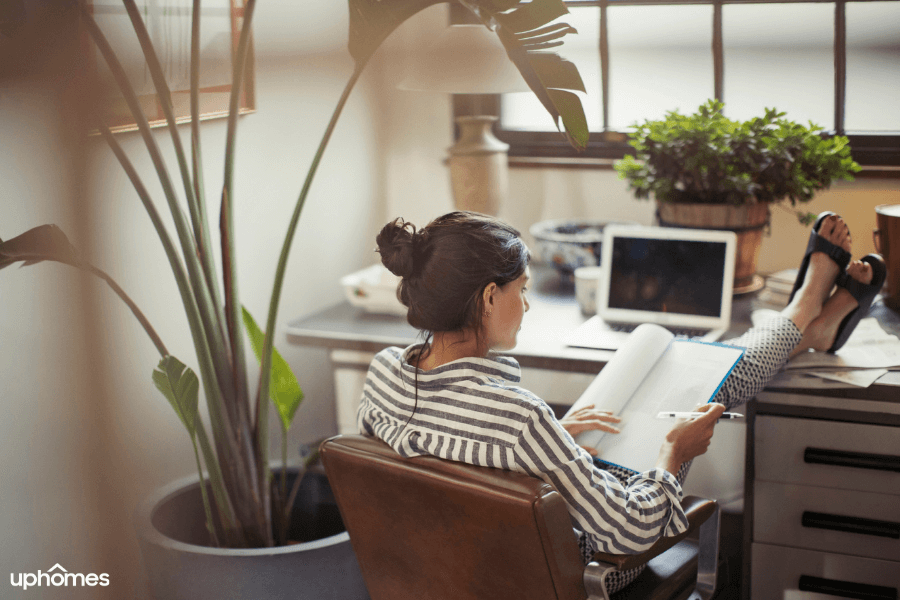
Create a Meditation Space in your Home
For those living with family or a significant other, meditating can feel like a complete impossibility. However, a meditation space doesn’t have to be in a completely separate part of the home, it can be wherever you are most comfortable (whether that be on your bed or couch or even on a cushion on the floor of your kitchen or bathroom). If you have roommates or family members living at home with you, consider meditating while they’re out on a walk or early in the morning before they wake up to give yourself the time, space, and focus you need to truly benefit from meditating.
Use a Meditating App
If you’re new to meditating and are feeling a bit overwhelmed on where to begin, consider downloading free iOS and Android apps such as Calm or Headspace. YouTube also has several free guides on how to meditate as well as meditation music. Netflix also recently released a show titled the Headspace Guide to Meditation which offers techniques and guided meditations to help you start.
Incorporate Crystals & Aromatherapy
Although crystals have gotten a bad rap, they have powerful healing qualities and are great for meditating. Clear quartz, selenite, black tourmaline, and amethyst help enhance clarity, absorb negative energy, and bring peace. Crystals can be held while meditating or can be arranged in a circle around you to create peace and tranquility. Candles, essential oils, and incense also play a powerful role in boosting our mental health – especially scents such as chamomile, lavender, sage, and peppermint – and should be incorporated into your meditation routine.
Key Takeaways
While these techniques may help improve mental health in some ways, they certainly aren’t a cure-all. Meditation at home can be a powerful way to improve your mental health. It is also recommended to speak with a therapist via Facetime through apps such as Talkspace, Mend, and BetterHelp to receive professional guidance on how to bring true happiness and mental transformation.

Ryan Fitzgerald
Hi there! My name is Ryan Fitzgerald, and I am a REALTOR®. My goal is to help you learn more about real estate through our Real Estate Blog! Hopefully, you enjoyed the above blog post and it found a way to provide help or value to you. When you're ready to buy or sell a home of your own let us know here. Please feel free to join the conversation by dropping us a comment below.

